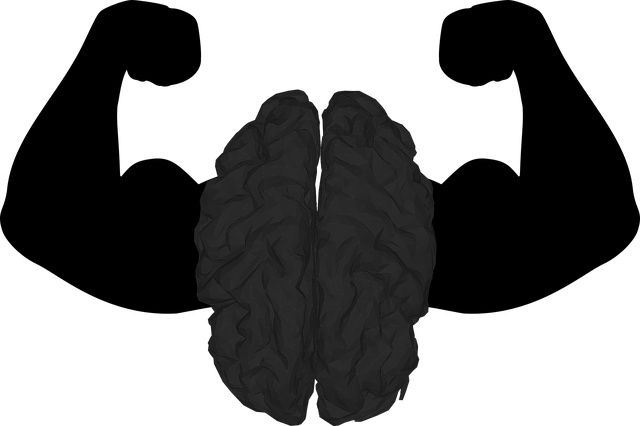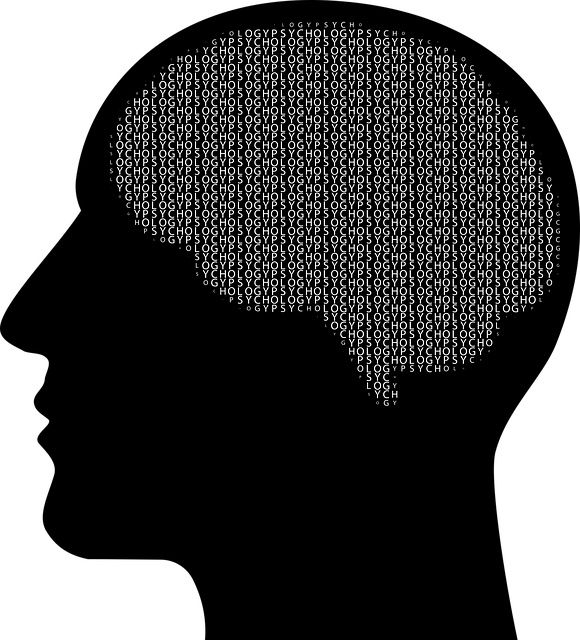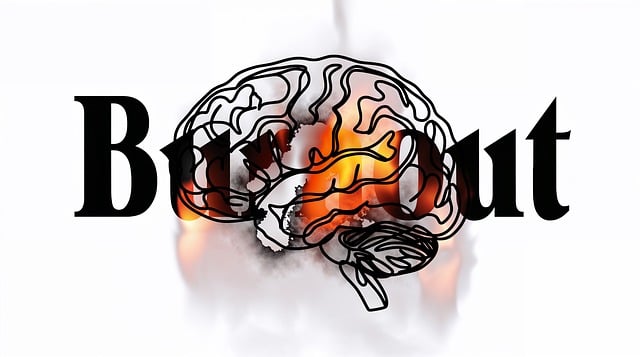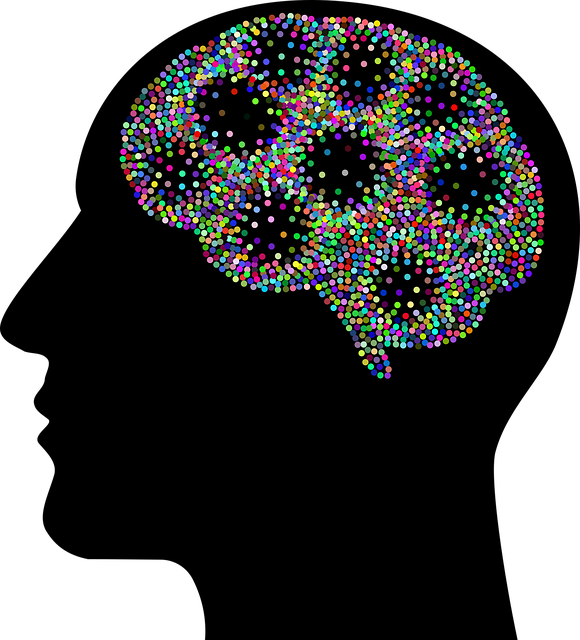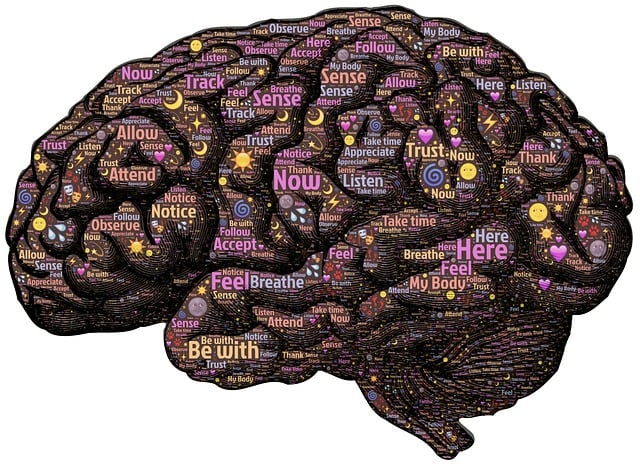Lafayette Child Abuse Therapy (LCAT) employs a revolutionary Recovery-Focused Methodology (RFM) to empower individuals, especially children and adolescents, in overcoming trauma. This approach emphasizes building inner strength through resilience, flexibility, and mastery exercises tailored to each client's unique needs. RFM techniques foster self-care, emotional regulation, and positive coping mechanisms, enabling participants to heal, rebuild trust, and break abuse cycles. By cultivating resilience, LCAT's holistic RFM model offers a transformative path to long-term mental health and personal growth for vulnerable populations.
“Discover the power of RFM (Resilience, Flexibility, and Mastery) in fostering resilience through Lafayette Child Abuse Therapy—a pioneering approach. This article explores how RFM exercises can be a game-changer for mental well-being, especially post-trauma. We break down the concept, offering a step-by-step guide to implementation.
Learn about the case study of Lafayette’s therapy methods and their impact on long-term resilience. Uncover why these practices are essential in today’s digital era, enhancing individuals’ ability to navigate life’s challenges.”
- Understanding RFM and its Role in Resilience Building
- Implementing RFM Exercises: A Step-by-Step Guide
- Lafayette Child Abuse Therapy: A Case Study on RFM
- The Impact of RFM on Long-Term Resilience and Well-being
Understanding RFM and its Role in Resilience Building

Resilience is a vital asset for individuals to navigate life’s challenges and adversity, and this is where RFM (Recovery-Focused Methodology) comes into play. This therapeutic approach is designed to foster inner strength development and promote well-being, particularly relevant in the context of Lafayette Child Abuse Therapy. By focusing on an individual’s resources, strengths, and recovery, RFM empowers people to rebuild their lives post-trauma or challenging experiences.
The methodology recognizes that everyone possesses unique coping mechanisms and resilience, which can be cultivated and enhanced. Through various exercises, it aims to strengthen an individual’s ability to adapt, cope, and thrive despite difficult circumstances. This includes anxiety relief techniques, confidence-boosting strategies, and learning to view challenges as opportunities for growth. By understanding one’s inner resources, individuals can develop a sense of agency, enabling them to move forward with resilience and a renewed perspective.
Implementing RFM Exercises: A Step-by-Step Guide

Implementing RFM (Resilience, Flexibility, and Mastery) exercises is a transformative process designed to build resilience and empower individuals, especially those who have experienced trauma, such as child abuse. It’s a structured yet adaptable approach that can be tailored to suit various settings, including Lafayette Child Abuse Therapy centers.
Here’s a step-by-step guide:
1. Assess Individual Needs: Begin by understanding the unique challenges and strengths of each participant. This foundational step ensures that exercises are personalized, promoting genuine engagement and meaningful progress.
2. Introduce RFM Principles: Educate participants about the core concepts of resilience, flexibility, and mastery. Explain how these interconnected elements can be cultivated through specific practices to enhance emotional healing processes.
3. Establish Safe Spaces: Create an environment free from judgment where individuals feel secure to explore their emotions. Encourage open communication and emphasize that self-care practices are essential for overall well-being, including anxiety relief.
4. Develop Personalized Exercises: Offer a range of activities focusing on different aspects of RFM. This could include mindfulness practices, cognitive reframing techniques, grounding exercises for emotional regulation, and creative outlets like art or writing to process traumatic experiences.
5. Encourage Consistent Practice: Consistency is key to reaping the benefits of RFM exercises. Guide participants in integrating these practices into their daily routines, fostering a sense of self-care and empowerment.
Lafayette Child Abuse Therapy: A Case Study on RFM

Lafayette Child Abuse Therapy (LCAT) serves as a compelling case study for understanding how Resilience Building exercises (RFM) can transform lives affected by trauma, specifically child abuse. LCAT employs RFM techniques to help children and adolescents develop emotional regulation skills, fostering their resilience in the face of adversity. By focusing on coping skills development, these exercises empower individuals to manage stress, anxiety, and anger effectively.
Through a combination of individual therapy, group sessions, and family involvement, LCAT creates a holistic environment where participants learn healthy ways to express emotions and cope with challenging situations. This supportive framework enables children to rebuild their sense of safety and trust, ultimately breaking the cycle of abuse and trauma. The successful implementation of RFM at LCAT demonstrates its potential as a game-changer in resilience building for vulnerable populations.
The Impact of RFM on Long-Term Resilience and Well-being

Resilience is a cornerstone of long-term well-being, and the RFM (Recovery, Flexibility, Mastery) model offers a powerful framework for fostering it. By focusing on these three dimensions, individuals can develop the mental fortitude to navigate life’s challenges effectively. Lafayette Child Abuse Therapy, for instance, has recognized the profound impact of RFM in helping clients build resilience against trauma and adversity.
The implementation of RFM exercises, particularly designed to strengthen mental illness stigma reduction efforts, goes beyond coping mechanisms; it empowers individuals with empathy-building strategies and mind over matter principles. These exercises encourage a growth mindset, teaching participants to view challenges as opportunities for learning and personal growth. As a result, they cultivate a deeper sense of control, enhancing their overall resilience and contributing to improved mental health outcomes.
The implementation of RFM (Resilience, Flexibility, and Mastery) exercises has proven to be a powerful tool in fostering resilience, particularly in vulnerable populations like children who have experienced trauma. As demonstrated by the case study on Lafayette Child Abuse Therapy, these exercises can significantly enhance long-term resilience and well-being. By following a structured step-by-step guide, therapists and caregivers can effectively navigate the RFM framework, providing a supportive environment for individuals to develop coping strategies and build mental strength. This approach not only offers a promising avenue for healing but also equips individuals with essential skills to navigate life’s challenges, ensuring a more resilient future.






